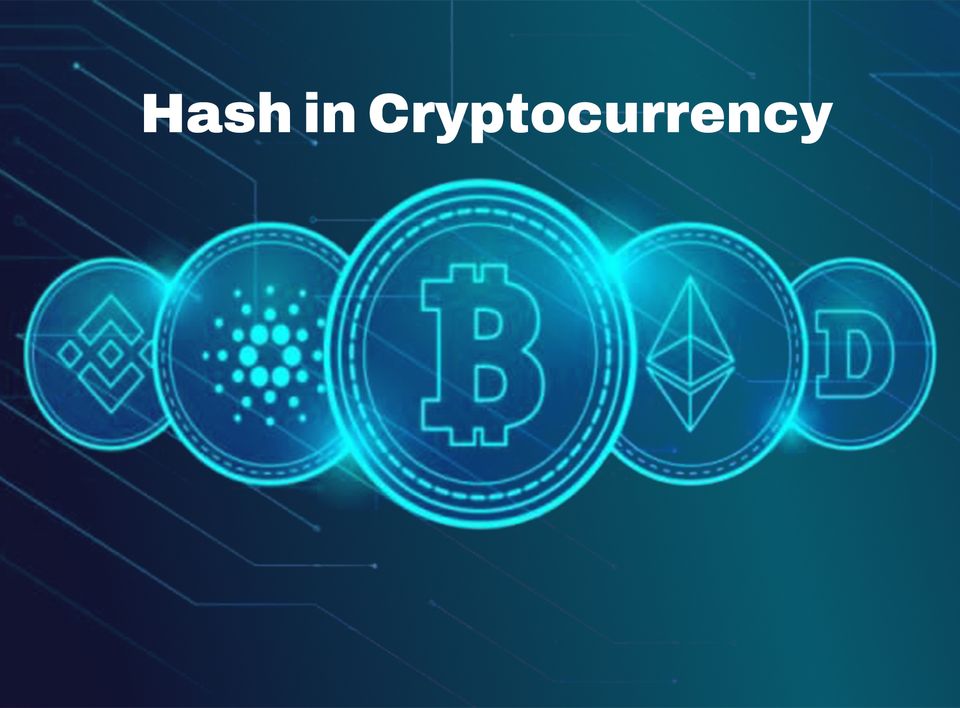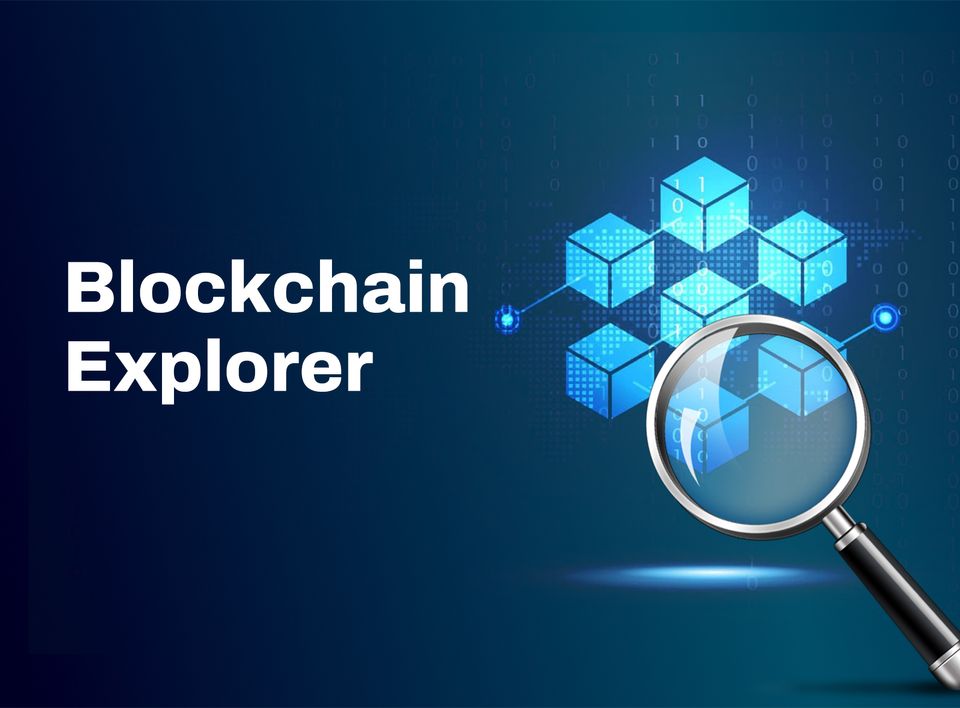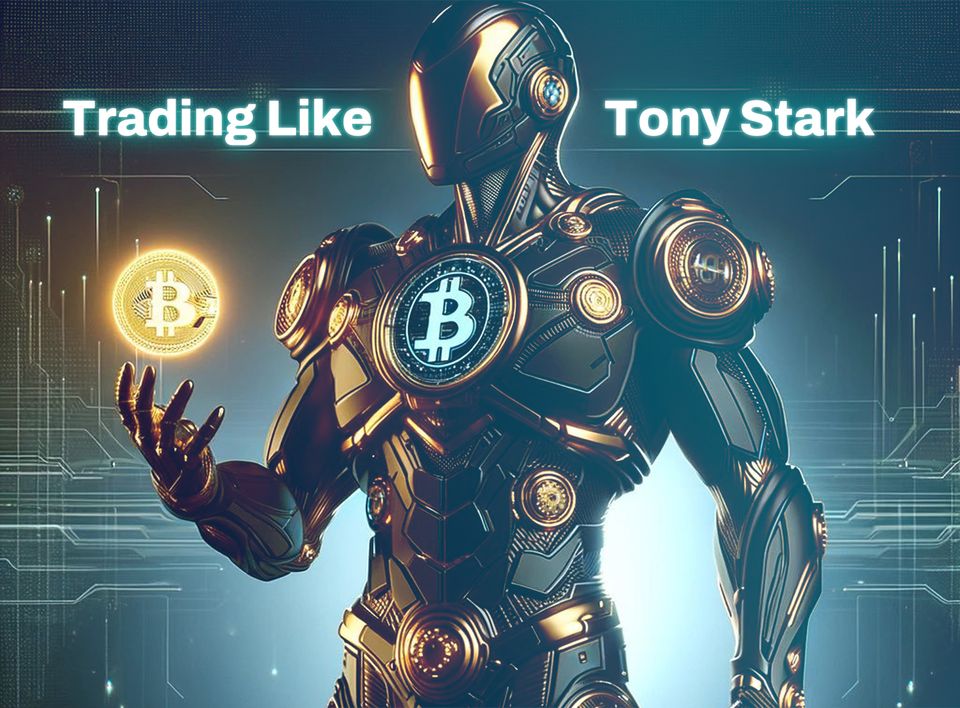7 Crypto Red Flags to Watch Out for in ICOs and Token Sales
One of the most popular ways for new projects to raise funds is through Initial Coin Offerings (ICOs) or token sales. Despite the increasing popularity, not all ICOs are created equal, and investors need to be cautious of potential red flags that could signal a risky investment.
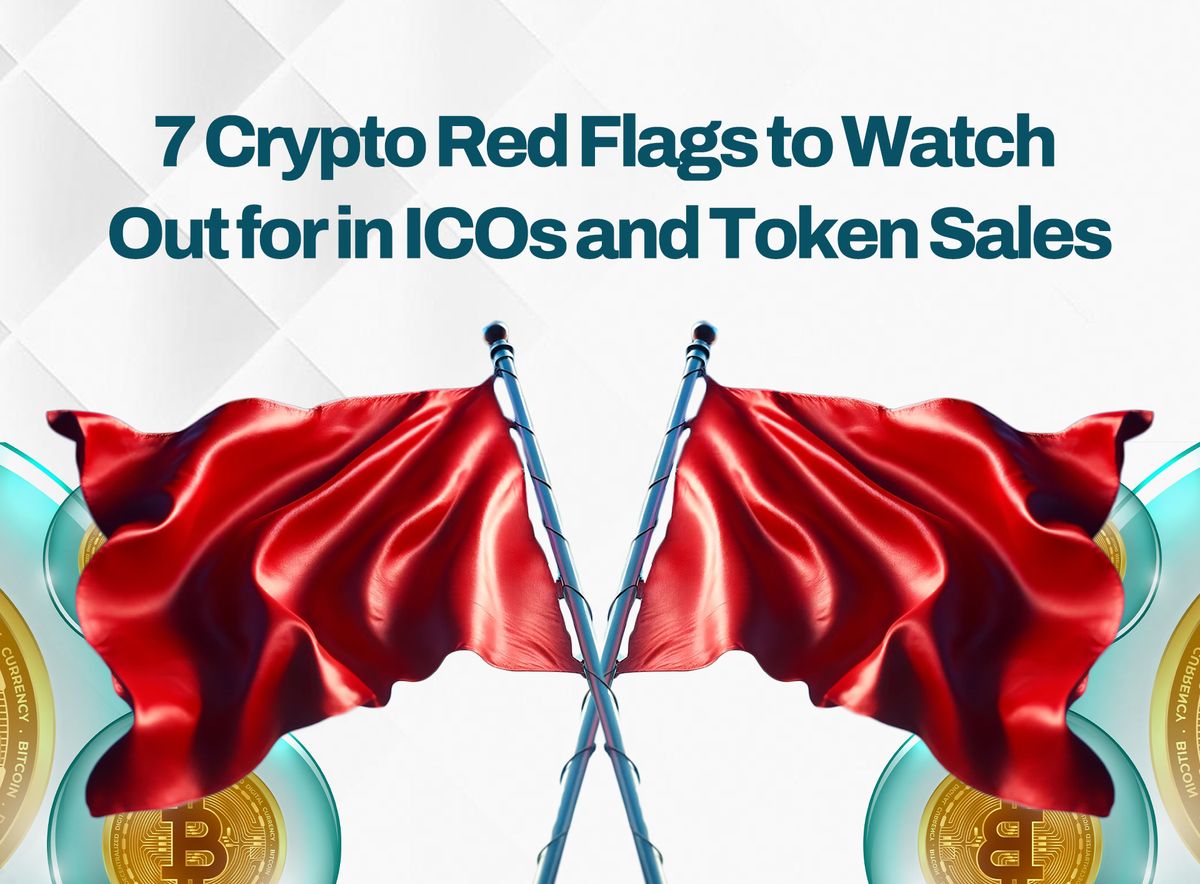
In recent years, the world of cryptocurrencies has exploded with innovation and opportunities. One of the most popular ways for new projects to raise funds is through Initial Coin Offerings (ICOs) or token sales. Despite the increasing popularity, not all ICOs are created equal, and investors need to be cautious of potential red flags that could signal a risky investment.
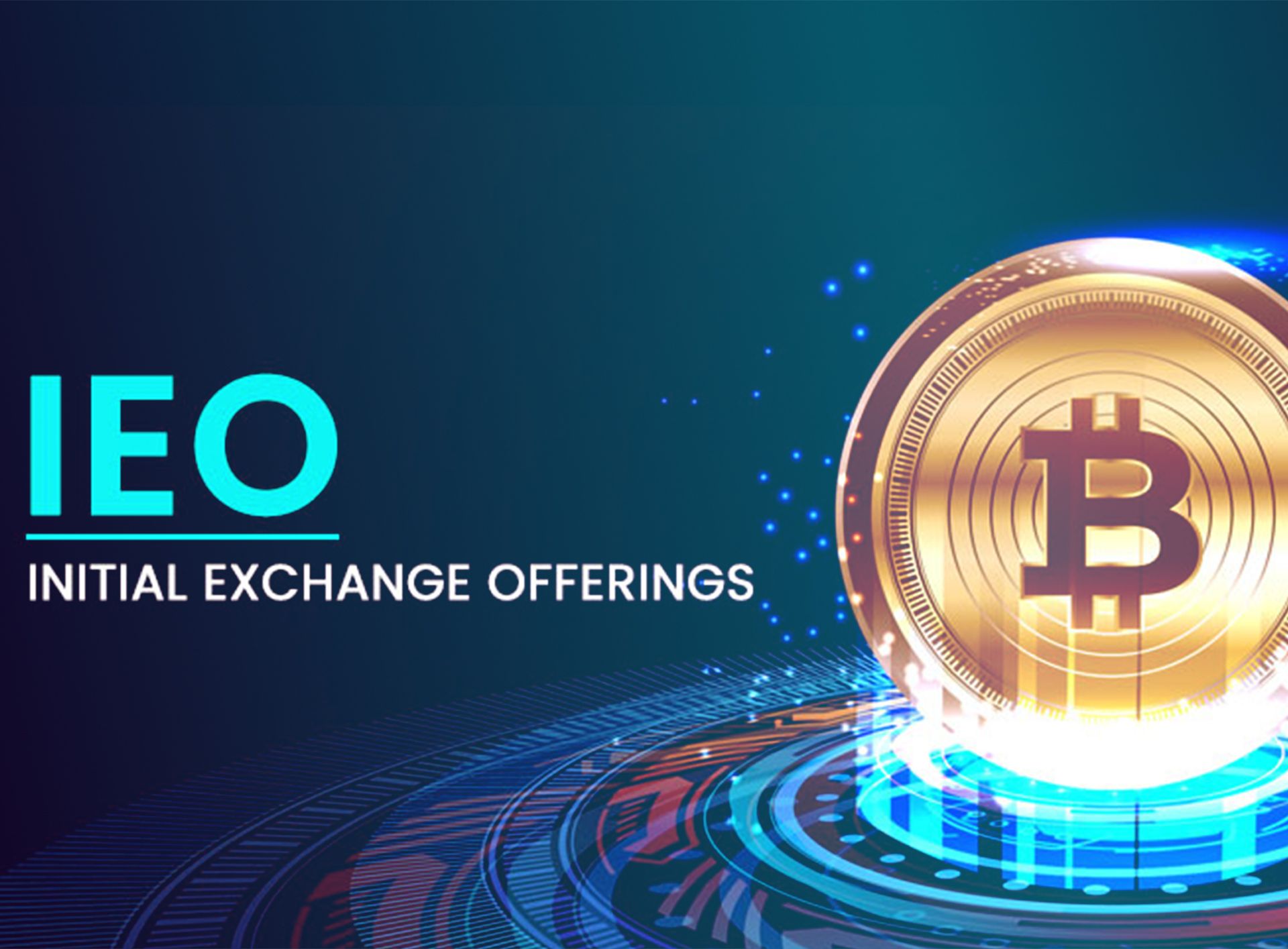
Here are seven red flags to watch out for when considering participating in an ICO or token sale.

Red Flag 1. Lack of Clear Purpose:
One big red flag to watch for in ICOs and token sales is when the project lacks a clear purpose. This means they don't have a solid reason for why they're creating the cryptocurrency or how it will solve real-world problems. You can usually identify these loopholes in their whitepaper. Without a clear purpose, investors might end up putting money into something that doesn't have a strong foundation or a real need in the market.
Red Flag 2. Unrealistic Promises:
Another red flag is when the project makes unrealistic promises. If they're guaranteeing huge returns or claiming their token will revolutionise an entire industry overnight, it's probably too good to be true. It's important to be doubtful of any claims that seem too good to be true and do thorough research before investing.
Red Flag 3. Unclear Team Background and Expertise:
It's essential to know who is behind the project and what experience they have. If the team's background and expertise are unclear or they don't have a track record of success in the industry, it could be a warning sign. Investors should look for projects with a team that has relevant experience and a proven track record.
Red Flag 4. Lack of Legal Compliance:
Legal compliance is important in crypto, but unfortunately, not all projects adhere to regulations. If a project isn't following legal requirements or is operating in a regulatory gray area, it could spell trouble for investors down the line. It's essential to invest in projects that prioritise legal compliance and transparency.

Red Flag 5. Poor Security Measures:
Security is a serious concern in crypto, with hacking and theft being common risks in the industry. If a project doesn't have strong security measures in place to protect investors' funds and personal information, it's a red flag. Investors should look for projects that prioritise security and have a solid plan for protecting their assets.
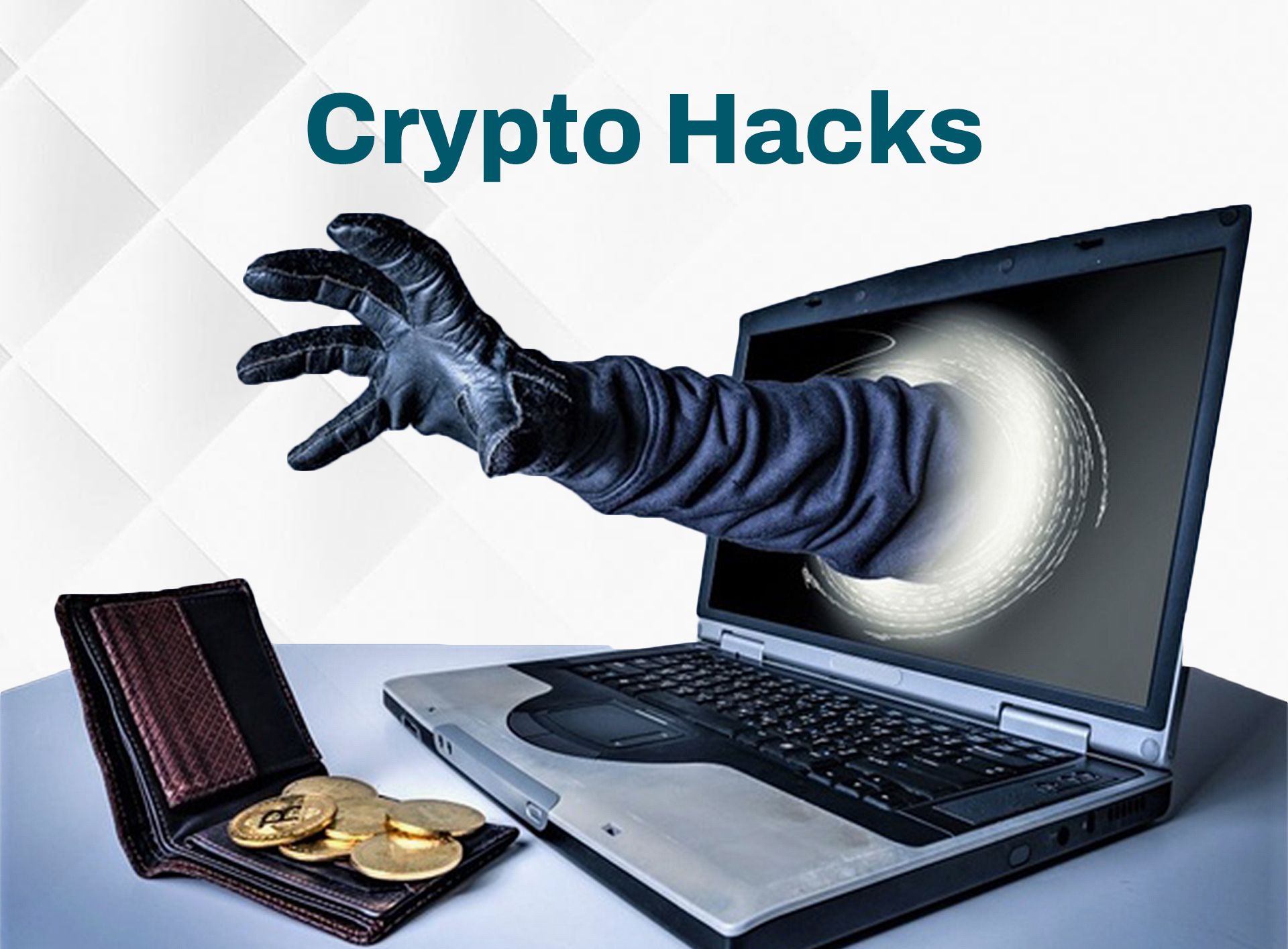
Red Flag 6. Overly Complex Tokenomics:
Tokenomics refers to the economic model behind a cryptocurrency, including factors like token distribution and supply. If a project's tokenomics are overly complex or difficult to understand, it could be a sign that the project isn't well thought out or is trying to cloud its true intentions. Investors should look for projects with straightforward and transparent tokenomics.

Red Flag 7. Lack of Community Engagement:
Community engagement is essential for the success of a cryptocurrency project. If a project lacks a strong and engaged community of supporters, it could be a sign that there isn't much interest or trust in the project. As an investor, you should look for projects with an active and supportive community that is involved in the project's development and growth.
Closing Thoughts
As we've explored, ICOs and token sales can be enticing opportunities, but they're not without risks. Every investment comes with its fair share of risks and losses, but you can control and reduce the hits your portfolio can take, if any at all.
You should always keep in mind that investing in crypto isn't a game of chance or luck; it's a game of knowledge and research. Before you dive into it, take the time to do your due diligence. Research the project, scrutinise the team, and assess the feasibility of their goals. It may sound tedious, but it's your hard-earned money on the line.
By being alert and thorough, you can safeguard yourself against potential scams and make informed investment decisions. So, before you take the plunge into the world of crypto, arm yourself with knowledge and approach with caution. Your future self will thank you for it.

FAQs
Q1. What is an ICO?
A1. An ICO, or Initial Coin Offering, is a fundraising method used by new cryptocurrency projects to raise capital by issuing their own tokens to investors.
Q2. How do I participate in an ICO?
A2. To participate in an ICO, you typically need to purchase the project's tokens using cryptocurrency, such as Bitcoin or Ethereum, during the ICO's fundraising period.
Q3. Are ICOs regulated?
A3. The regulatory environment for ICOs varies by country. Some jurisdictions have implemented regulations to protect investors, while others have issued warnings about the risks associated with ICOs.
Q4. Can I make money investing in ICOs?
A4. Investing in ICOs carries significant risks, but it is possible to make money if you choose the right projects. However, it's essential to do thorough research and be aware of potential red flags.
Q5. How can I verify the legitimacy of an ICO?
A5. You can verify the legitimacy of an ICO by researching the project's team, whitepaper, community engagement, and regulatory compliance. Look for red flags such as anonymous teams or unrealistic promises.
Q6. What is a whitepaper?
A6. A whitepaper is a document issued by a cryptocurrency project that outlines its purpose, technology, tokenomics, and roadmap.
Q7. What are tokenomics?
A7. Tokenomics refers to the economics of a cryptocurrency token, including its distribution, supply, and utility within the project's ecosystem.
Q8. Can I get scammed in an ICO?
A8. Yes, there have been instances of ICO scams where projects have taken investors' funds and disappeared without delivering on their promises. It's important to be cautious and do thorough research before investing in any ICO.
Q9. Are ICOs the only way to invest in cryptocurrencies?
A9. No, there are many ways to invest in cryptocurrencies, including buying and holding popular coins like Bitcoin and Ethereum, trading on cryptocurrency exchanges, and participating in other fundraising methods like Security Token Offerings (STOs).
Q10. What should I do if I suspect an ICO is a scam?
A10. If you suspect an ICO is a scam, you should report it to the relevant authorities, such as financial regulators or law enforcement agencies. Also, you can warn others in the cryptocurrency community to prevent further investors from being defrauded.
Disclaimer: This article was written by the writer to provide guidance and understanding of cryptocurrency trading. It is not an exhaustive article and should not be taken as financial advice. Obiex will not be held liable for your investment decisions.


